Electrical Installation Certificate
£0
An Electrical Installation Certificate (EIC) is an official document that confirms newly installed, extended, or significantly altered electrical systems comply with the UK BS 7671 Wiring Regulations (IET 18th Edition). It is issued by a qualified electrician after completing the work and must be provided to the property owner.
-
Official retailer
-
Quality guaranteed
-
Free delivery from $99
-
Free returns is available
When is an EIC Required?
- New electrical installations (e.g., in a new build)
- Major modifications (e.g., rewiring, adding new circuits)
- Consumer unit (fuse box) replacements
- Additions or alterations that introduce new circuits
Key Details in an EIC
✔ Description of work carried out
✔ Confirmation of compliance with BS 7671
✔ Test results (e.g., earth fault loop impedance, RCD tripping times)
✔ Details of the electrician/company (including signature & registration number)
✔ Next inspection date recommendation
Difference Between EIC & EICR
- EIC (Electrical Installation Certificate) – Certifies new or modified installations.
- EICR (Electrical Installation Condition Report) – Assesses the safety of existing installations (required for rental properties every 5 years in the UK).
Why is an EIC Important?
- Legal compliance (Part P Building Regulations in England & Wales)
- Safety assurance (reduces fire & electrocution risks)
- Required for insurance & mortgage purposes
- Proof of proper installation for future inspections
Who Can Issue an EIC?
Only a qualified and registered electrician (e.g., NICEIC, ELECSA, NAPIT, or Stroma certified) can issue a valid EIC.
If you’re a landlord or homeowner, ensure you receive an EIC after any major electrical work. For older installations, an EICR is needed to confirm ongoing safety.

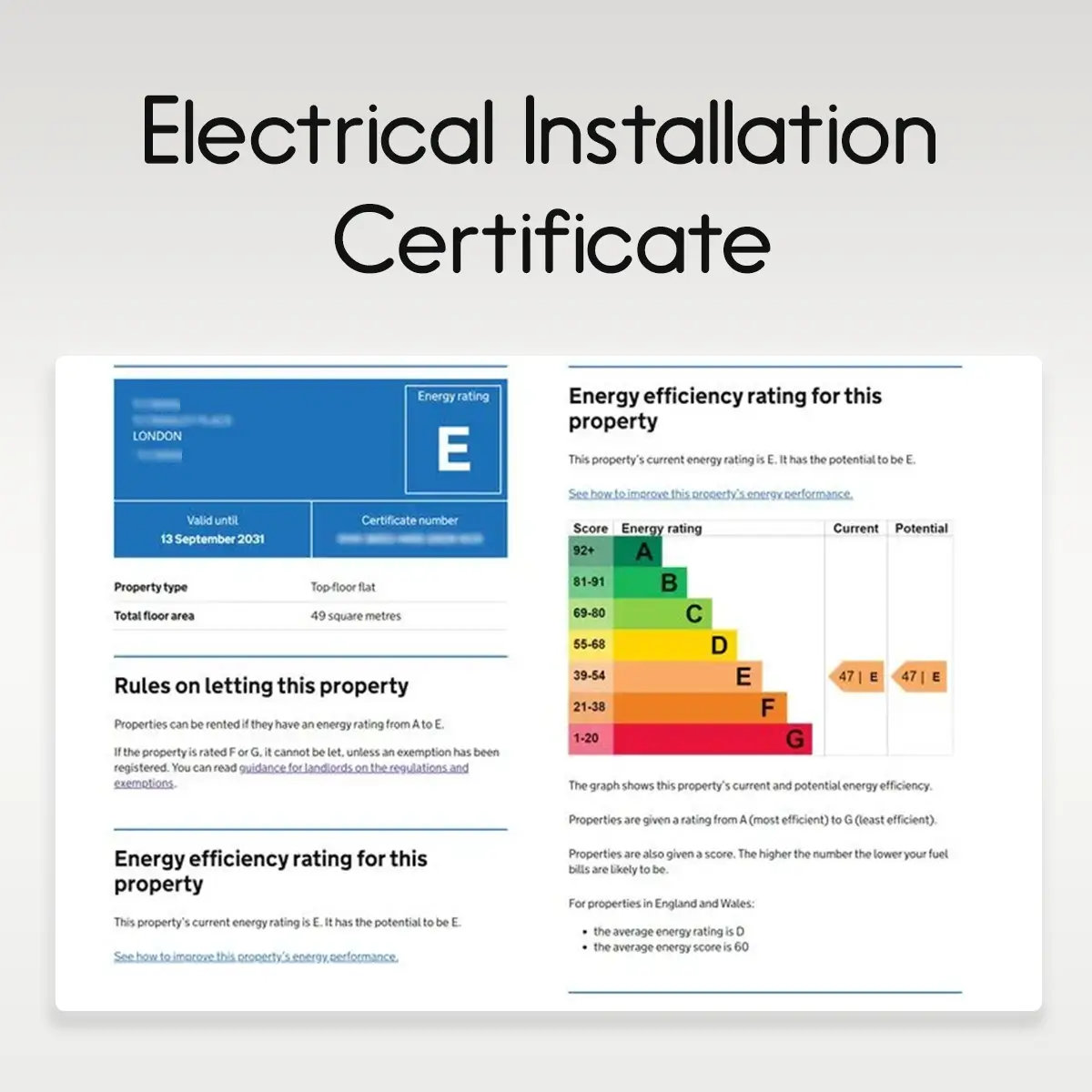
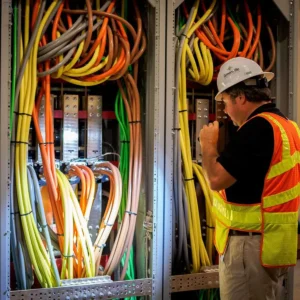
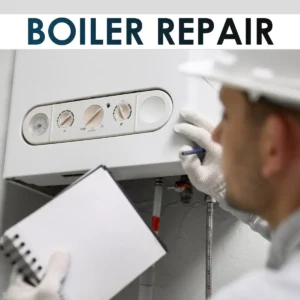
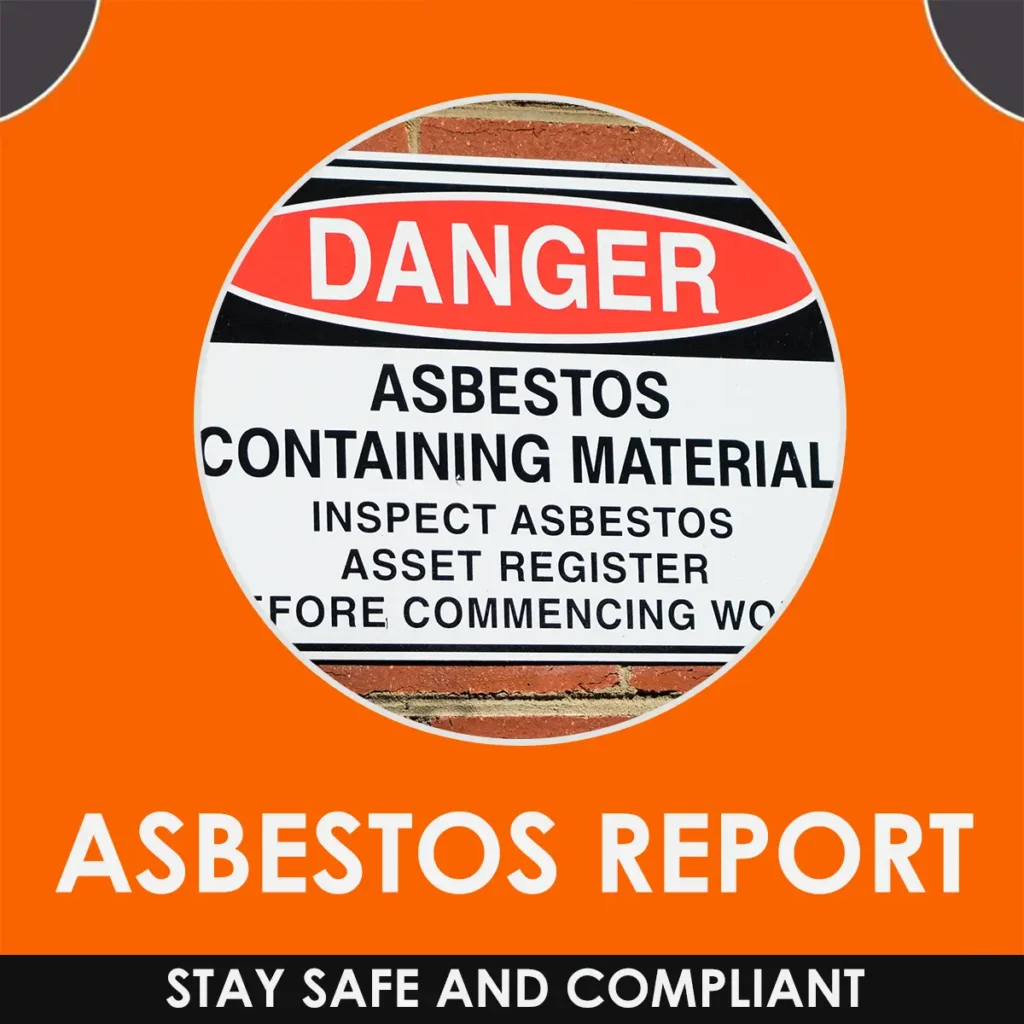


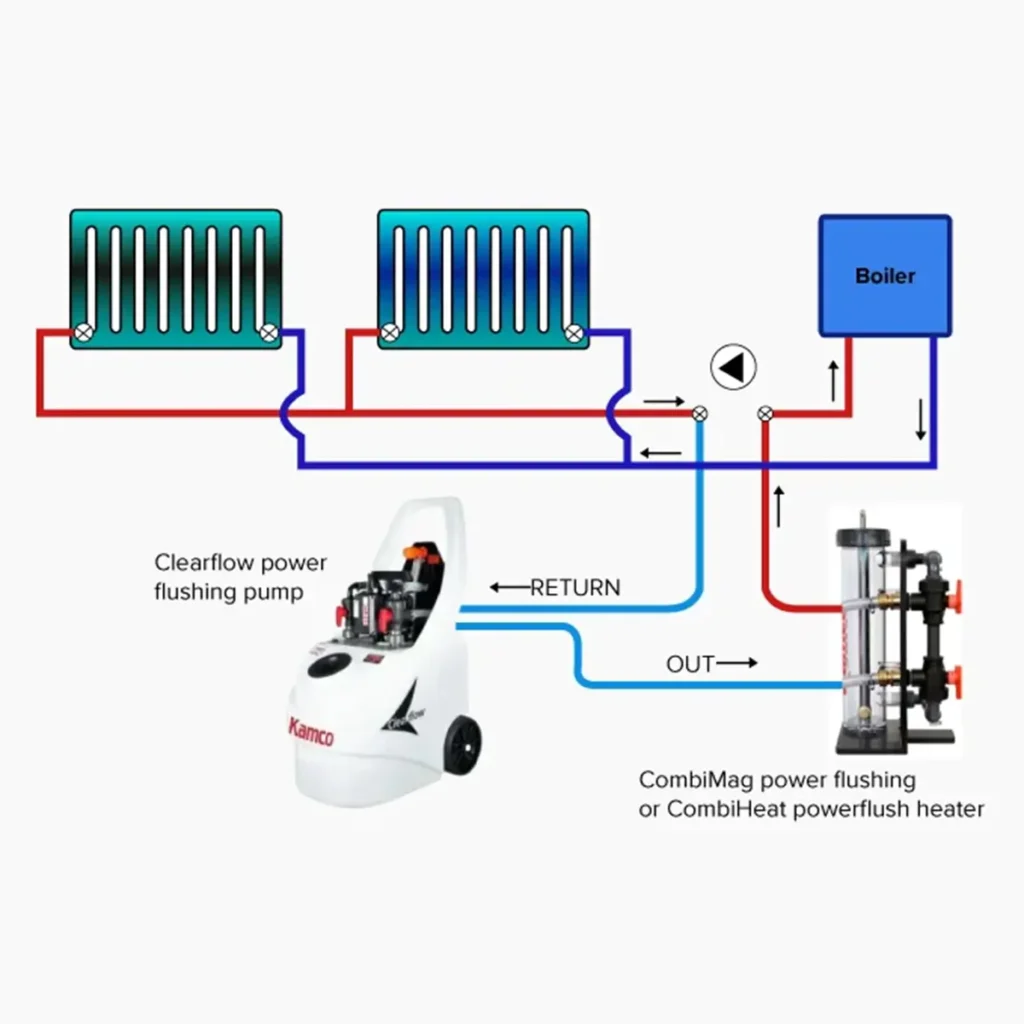
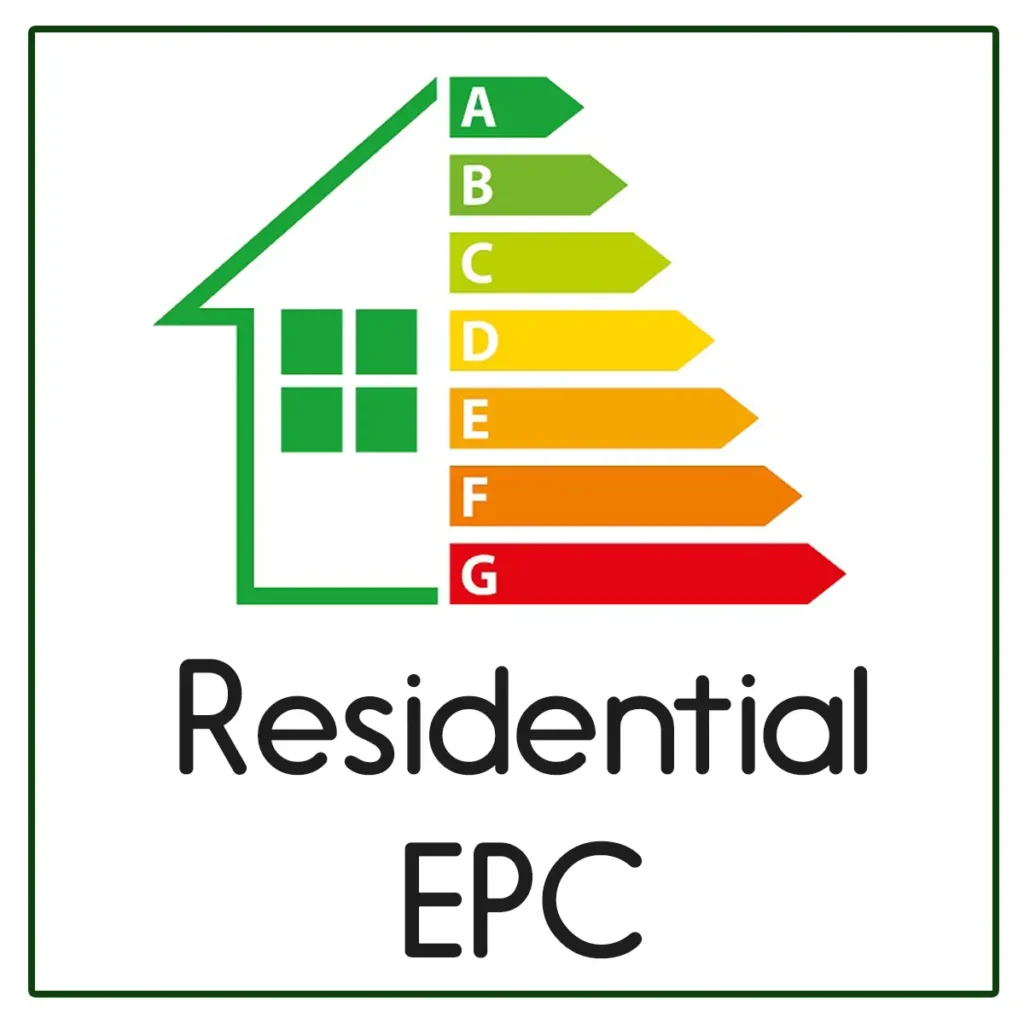
Reviews
There are no reviews yet.